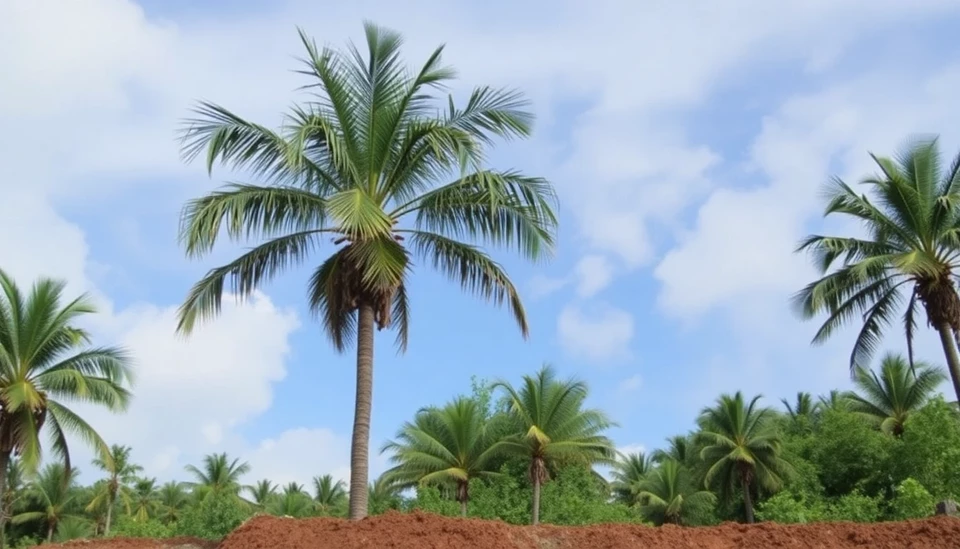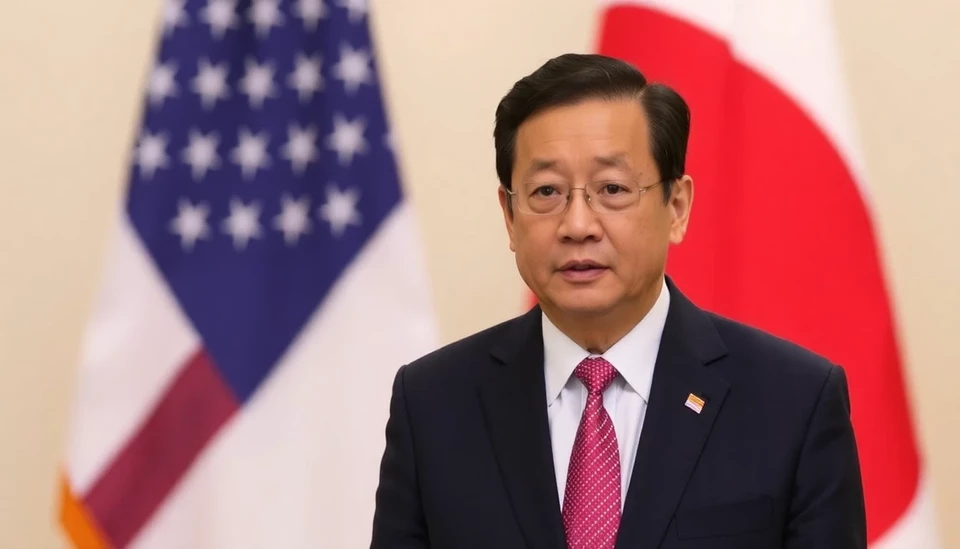
Indonesia is facing significant challenges in its ambitious plans to expand biofuel production, largely due to a recent surge in palm oil prices. The country, which is a major producer and consumer of palm oil, is now grappling with the economic implications of this price increase, which poses a barrier to its goal of becoming a leading biofuel exporter.
As global oil prices continue to rise, Indonesia had set a target to bolster its biofuels sector. However, the spike in palm oil prices, a key raw material for biofuels, has raised concerns about the feasibility of maintaining competitive and sustainable production levels. The country’s commitment to renewable energy has fueled plans for expanding biofuels, which are perceived as a key alternative to fossil fuels in mitigating climate change.
The state-owned Pertamina, one of Indonesia's largest corporations, is particularly impacted. With the price of palm oil skyrocketing, adding biofuels to its supply chain is becoming increasingly expensive. Pertamina's investments in biofuel manufacturing are now under scrutiny, as the financial viability of its projects is being questioned in light of the volatile market.
Besides domestic challenges, Indonesia's biofuel expansion is also influenced by international market dynamics. Countries across Southeast Asia are also ramping up their own biofuel industries, leading to fierce competition for raw materials. The situation has prompted the Indonesian government to reconsider its policies and incentives surrounding biofuel production.
The palm oil industry, meanwhile, is poised to face mounting pressures from environmental groups and regulatory agencies due to deforestation and land-use changes linked to palm oil cultivation. With consumers increasingly demanding sustainable products, Indonesia must navigate these complex issues as it strives to balance its economic ambitions with ecological considerations.
As the new year approaches, all eyes are on the government’s response to these dual challenges of rising palm oil prices and global competition, which could shape the future of Indonesia's biofuel ambitions considerably. The situation represents a critical crossroads for the nation, where its economic strategies must meet environmental expectations.
In summary, while Indonesia's push for biofuels reflects a proactive approach to energy independence and sustainability, the realities of a fluctuating market and environmental accountability present intricate problems that need addressing if the country is to achieve its objectives in the coming years.
#Indonesia #Biofuel #PalmOil #RenewableEnergy #Sustainability #ClimateChange #EnergyIndependence #Economy
Author: Samuel Brooks




